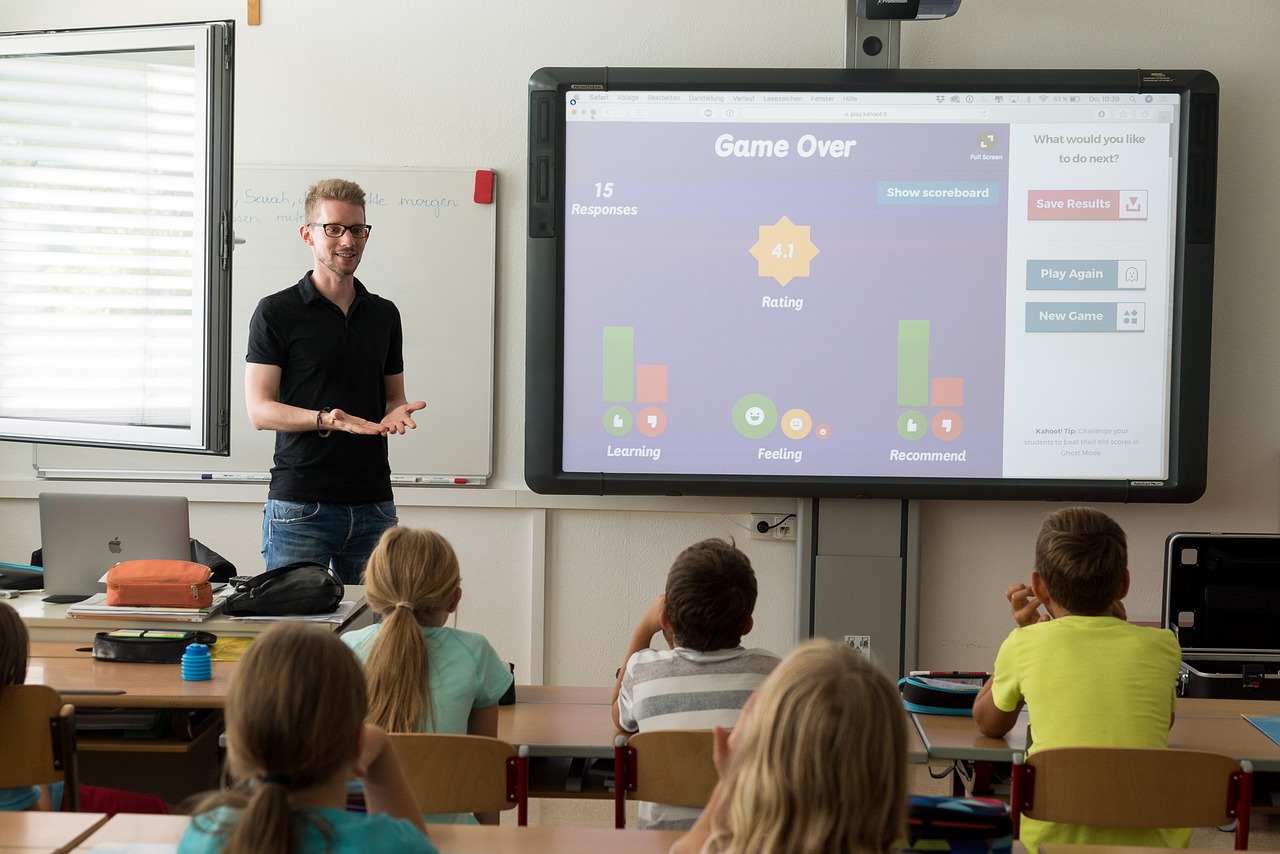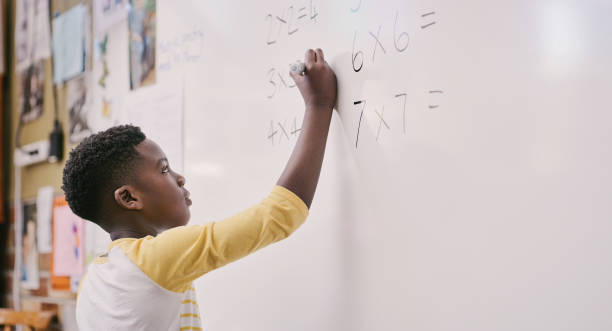Tips for a Smooth Transition to Preschool
Preschool Transition Tips
Welcome to our blog post on tips for a smooth transition to preschool! Starting preschool is an important milestone in your child's life, and it's natural to have some concerns about how to make the transition as easy as possible. In this article, we will provide you with valuable advice and practical tips to help prepare your child for preschool and ensure a positive experience for both of you.

Preparing Your Child for Preschool
Preparing your child for preschool is crucial to ensure a smooth transition. Here are some tips to help you:
Create a Routine
To prepare your child for the structured environment of preschool, establish a daily routine at home. Set regular mealtimes, nap times, and bedtimes to familiarize your child with a structured schedule. This will help them adjust to the routine of preschool more easily.
Encourage Independent Skills
Preschool often requires children to do things on their own, such as using the restroom, washing their hands, and putting on their shoes. Encourage your child to practice these skills at home, promoting independence and self-confidence.
Read Books About Preschool
Reading books specifically about starting preschool can help your child understand what to expect and alleviate any fears or anxieties they may have. Look for age-appropriate books that emphasize the positive aspects of preschool and highlight the fun and learning that takes place.
Visit the Preschool
If possible, arrange a visit to the preschool before your child starts. This will allow them to familiarize themselves with the environment, meet their teachers, and explore the classrooms and play areas. Seeing the preschool ahead of time can help reduce anxiety on their first day.

Preschool Readiness Checklist
Before your child starts preschool, make sure they have developed certain skills and abilities. Here is a preschool readiness checklist to ensure they are prepared:
Social Skills
- Sharing
- Taking turns
- Following instructions
- Playing cooperatively with others
Basic Self-Help Skills
- Using the restroom independently
- Washing hands
- Eating without assistance
- Dressing themselves
Language and Communication Skills
- Speaking in sentences
- Listening and following directions
- Using basic manners (saying please, thank you, etc.)
- Expressing needs and wants verbally
Cognitive Skills
- Recognizing letters and numbers
- Identifying colors and shapes
- Sorting and classifying objects
- Problem-solving skills

How to Prepare for Preschool
Now that you have an idea of what skills your child should have before starting preschool, let's discuss some practical steps you can take to prepare:
Establish a Consistent Sleep Schedule
Adequate rest is crucial for your child's well-being and readiness for preschool. Ensure they are getting enough sleep by establishing a consistent sleep schedule. Set a regular bedtime and wake-up time to help them adjust to the preschool routine.
Create a Morning Routine
A morning routine will help your child ease into the day and get ready for preschool. Plan activities such as having breakfast together, brushing teeth, and getting dressed. This routine will promote independence and reduce stress in the mornings.
Label Their Belongings
To avoid mix-ups and confusion, label your child's personal belongings such as backpack, lunchbox, and clothing. This will help them identify their items and develop a sense of ownership and responsibility.
Pack a Comfort Item
Children often find comfort in having a familiar object with them, especially during times of transition. Allow your child to pack a comfort item, such as a small stuffed toy or a family photo, in their backpack. This can provide them with a sense of security and ease any separation anxiety.

Encourage Independence
Preschool encourages independence, so it's important to foster it at home as well. Encourage your child to dress themselves, use the restroom independently, and pack and unpack their backpack. These small tasks will build their confidence and prepare them for the responsibilities of preschool.
By following these tips and preparing your child for preschool, you are setting them up for a successful transition. Keep in mind that every child is unique, and the adjustment period may vary. Be patient, supportive, and communicate openly with your child's preschool teachers to ensure a positive experience for everyone involved. Good luck!




